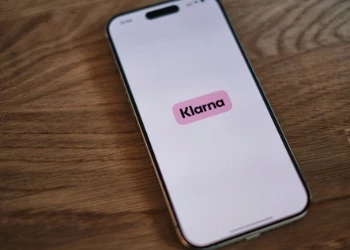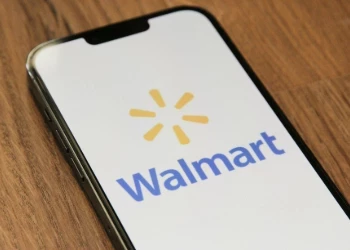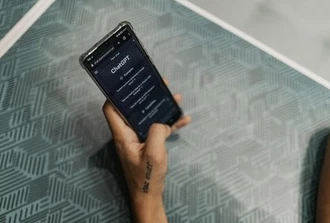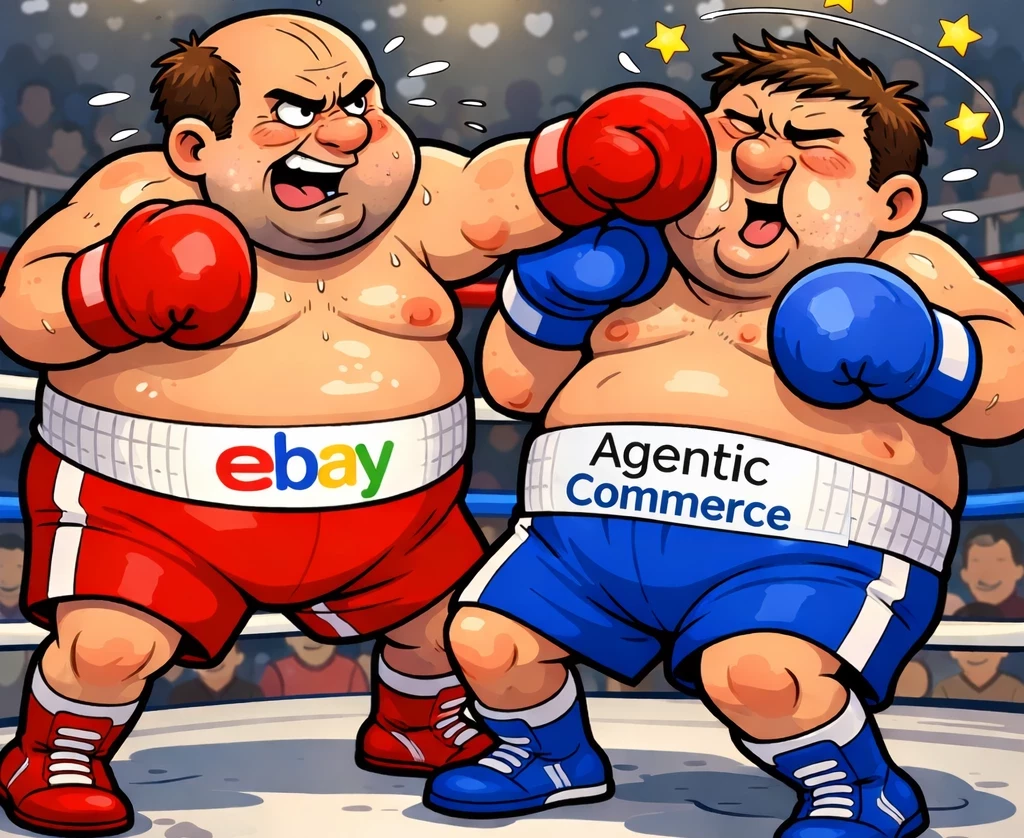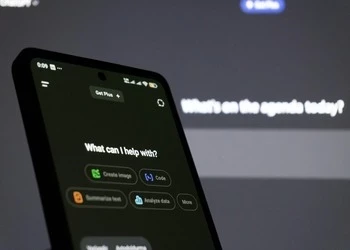ChatGPT's "Instant Checkout" lets shoppers buy inside chat
First in partnership with Etsy and Shopify, ChatGPT's Instant Checkout lets customers shop within conversations
Add bookmark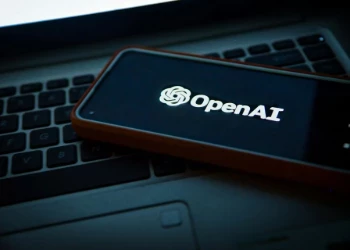
OpenAI this week launched Instant Checkout, allowing US users to buy items directly within a ChatGPT chat. It is a major step in transforming ChatGPT from a conversational assistant into a transactional platform. US ChatGPT Plus, Pro and Free users can buy from US Etsy sellers, with millions of Shopify merchants also coming soon. Currently supporting single-item purchases, the ability to add multi-item carts is just around the corner.
This shift carries big implications, not just for e-commerce, but for customer experience (CX) in artificial intelligence (AI)-first journeys.

Don't miss any news, updates or insider tips from CX Network by getting them delivered to your inbox. Sign up to our newsletter and join our community of experts.
What is Instant Checkout and how does it work?
OpenAI describes Instant Checkout as a bridge between product discovery and payment in ChatGPT. “The Agentic Commerce Protocol is an open standard for AI commerce that lets AI agents, people and businesses work together to complete processes,” according to a press release.
For example, when someone asks a shipping question such as “best coats for under $200,” ChatGPT shows the most relevant products from across the web. If a product supports Instant Checkout, users can tap “buy,” confirm their order, shipping and payment details and complete the purchase without ever leaving the chat.
Instead of passing raw credit card data, ChatGPT uses tokens tied to a specific merchant and purchase amount. This minimizes the risk of data leakage or unauthorized charges.
Consent-driven CX was also a priority. Before a payment is processed, ChatGPT surfaces a confirmation step where users explicitly approve the merchant, product, amount and payment method.
Also, when multiple sellers list similar items, ChatGPT surfaces results based on availability, quality, price and whether Instant Checkout is supported. OpenAI has stressed that it does not bias rankings simply based on who pays fees.
“This marks the next step in agentic commerce, where ChatGPT doesn’t just help you find what to buy, it also helps you buy it," according to OpenAI.
A seamless customer journey?
The promise is indeed powerful: Instead of being hands-off to an external merchant, the user stays in conversation, simplifying the customer journey significantly. “For shoppers, it’s seamless: Go from chat to checkout in just a few steps,” according to OpenAI. This reduces context switching, link fatigue and drop-off.
For users who expect everything in one place (search, review, buy), the unified experience could drive significant adoption. From an omnichannel perspective, this may set a higher baseline expectation for speed in future interactions.
Are there data privacy concerns surrounding Instant Checkout?
How ChatGPT handles error states (for example, payment failure, stockouts) will be critical to CX. If a "buy” button leads to a failure without contextual guidance, users could lose trust quickly.
Users must feel confident that their payment information is safe, that tokens are not reused and that only the agreed-upon merchant/amount is processed. OpenAI’s documentation insists on tokenization and merchant-specific authorizations.
Users must also feel confident that product recommendations are objective and not unfairly influenced by merchants who pay commissions. OpenAI affirms it does not give preferential ranking solely to merchants paying fees.
Watch this recording of how digitization, automation and new AI tools hold the potential to streamline CX operations.
Quick links:
- Epic battle between Disney and Universal comes down to CX
- Fortune 500 companies won’t fully replace human customer service agents, Gartner predicts
- Ralph Lauren unveils AI-powered assistant ‘Ask Ralph’


